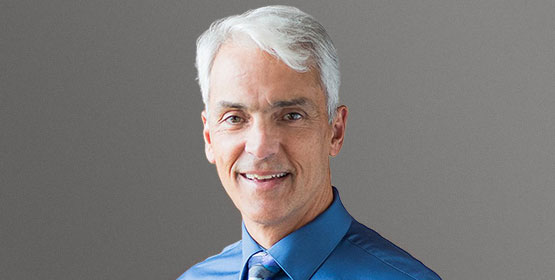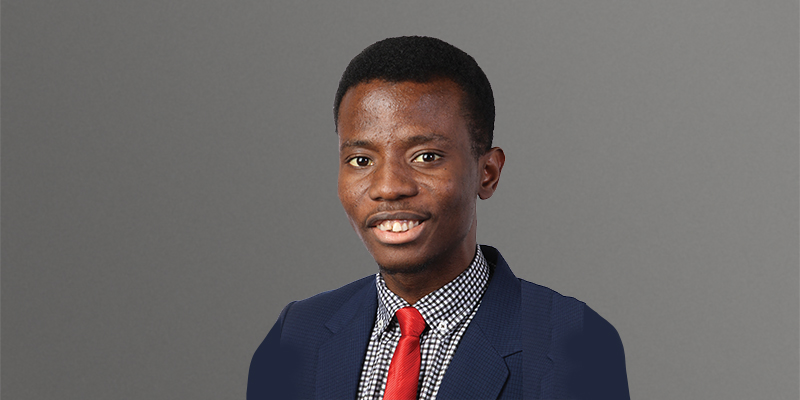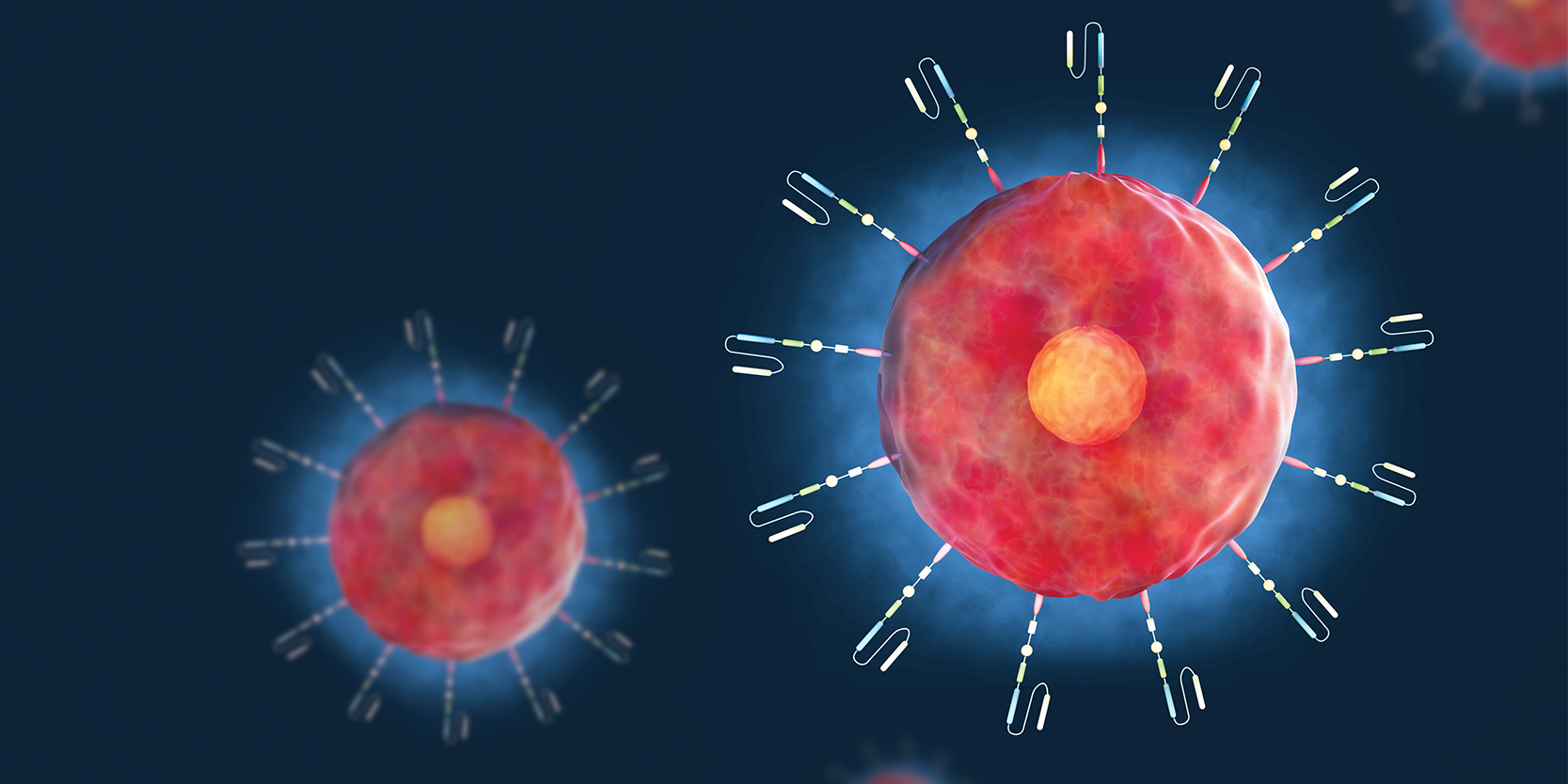
As we forge ahead into 2024 with excitement and optimism, I’d like to first take the time to reflect upon 2023 and how far we’ve come in the last three to five years regarding the treatment of blood cancers, including plasma cell disorders, lymphomas, and leukemias. The novel therapeutics and their use in specific patient populations and along various aspects of the treatment paradigm have led to proven benefits in progression-free survival (PFS) and overall survival (OS).
As a physician practicing at an academic center in the United States, I can’t help but recognize how lucky “I” am and the collective “we” are to be practicing in a country that invests a significant percentage of our gross domestic product in health care, with a regulatory body like the US Food and Drug Administration that allows early access to breakthrough therapies. Because of those things, we’re able to bring these therapies to patients who need them the most.
In the United States in 2022, two chimeric antigen receptor (CAR) T-cell products were approved for use after two independent, single-arm, phase II trials showed impressive responses in heavily pretreated patients with multiple myeloma (MM). Since then, close to 10,000 patients have received CAR-T therapy, the vast majority of whom were treated in the United States.
In 2023, an international group of researchers surveyed physicians from 33 countries to assess global access to novel therapies for MM. The results, published in Blood,1 showed only three of the 33 countries had adequate access to ide-cel or cilta-cel and just seven of the 33 had access to teclistamab.
It was with this fact in mind that Guillermo Garcia-Manero, MD, the 2024 President of the Society of Hematologic Oncology (SOHO), selected “Translating Knowledge Worldwide” as the theme of the 2024 meeting. The plan is to have representation from all countries, including underserved countries, and to discuss the latest advances and best treatments for all patients, including those who may not have access to the novel and more expensive therapeutics.
I encourage everyone to participate in the SOHO Annual Meeting and, outside of the meeting, to help translate and transmit the knowledge you have cultivated to your peers.
In January 2024, we will be hosting a group of physicians from Latin America at the University of California, San Francisco (UCSF). One of the goals of this meeting is for us to provide real-world experience using novel therapeutics. The other goals are for us to understand the treatment landscape in Latin America and help deliver an optimized blueprint for implementing novel therapies locally.
We are very excited for this meeting (just as we are excited for SOHO 2024!) and look forward to the exchange of ideas.
The success of novel therapies in patients with MM cannot be overstated. My friend and colleague Ajai Chari, MD, often provides the historical context that prior to these novel therapies, when patients had exhausted or were refractory to our standard classes/agents, we generally began to consider supportive care options and hospice. Now, patients can receive CAR-T or bispecific antibody therapy (after the fourth line) and generally have the potential to live an additional two to three years or longer. What I’m really excited about is all the novel combinations that will soon be tested: CAR plus bispecific, bispecific plus CELMoD, and CAR plus CELMoD. These therapies will be evaluated earlier in the myeloma treatment paradigm, including in the frontline setting.
In 2023, we heard results from two phase III trials investigating CAR-T therapy versus standard triplet or doublet therapy in patients with early relapsed MM. Both studies reported improvements in PFS for patients in the CAR-T arms. However, in both studies there was also an early dip in OS in the CAR-T arms, which was worrisome due to the potential of early “harm.”
These findings need to be further explained and interrogated, and it will be interesting to see how the regulators interpret the results. That said, it is inevitable that these therapies will be used throughout the myeloma treatment paradigm, and the next four to five years will help define and optimize the best timing and sequence of novel agents.
Lastly, upon return from the 65th American Society of Hematology Annual Meeting & Exposition, and following the many hematology meetings throughout the year, I’m always impressed by the collegial nature of our community. It makes such a big difference. We all need to support each other and especially our junior faculty. In this world filled with misinformation and turmoil, it is amazing to be working as good friends and peers.
Reference
Atallah R, Shatnawi Y, Mammadzadeh A, et al. Blood. The GLAMM1 study – global access to myeloma medications: potential barriers to chimeric antigen receptors (CART) and T-cell-engaging bispecific antibodies (TCE) globally. 2023;142(Supplement 1):3327. doi:10.1182/blood-2023-179050






 © 2025 Mashup Media, LLC, a Formedics Property. All Rights Reserved.
© 2025 Mashup Media, LLC, a Formedics Property. All Rights Reserved.